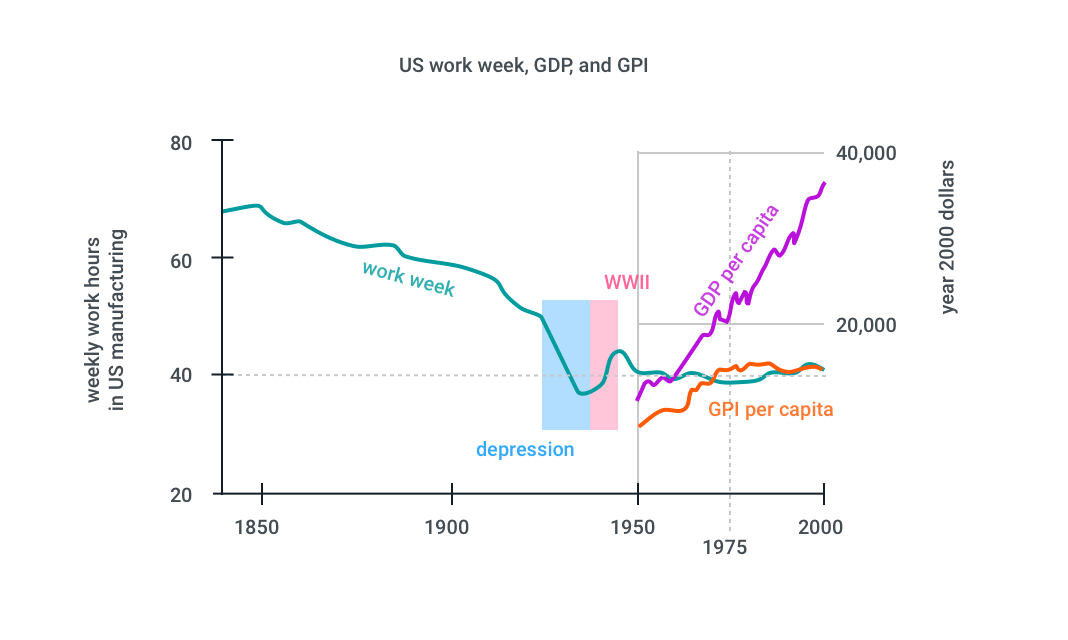Why Productivity Matters — What Context We Set to Our Teams
Sometimes people ask why I’m obsessed with productivity. I’m not. Or at least I’m not obsessed with productivity in business for its own sake. I don’t see it as a goal to be achieved, but rather as the means to achieve our goals.
Being “productive” is a non-controversial issue for most business owners. They all want to build great businesses and products (if you don’t — this article will bore you). However, talking to people in the field, you can sometimes hear other opinions when it comes to productivity topics.
So why productivity matters? Do employees want to be more productive? Or do they want to simply have more fun? Or more money? Or more stability? Or more free time for their families? Or just to work for a great company?
Can a Company Align Productivity Incentives for Itself and Its Employees?
I think it can. Fun, higher pay, meaningful work, free time and other things most people strive for in their workplace aren’t inconsistent with “productivity” efforts — they flow from them.
At the end of the day, how can a company pay competitive compensation if it has mediocre productivity? Will it be able to attract the best people in the battle for talent?
Can a company find time and budget for their employees to do something fun if its productivity is low? Here I’m not just talking about team building events. More about letting people do experiments at work.
Can a company be a stable place to work if it has low overall productivity? I doubt it. The business is more likely to go off the market in the near future.
Can a company give folks flexible working hours to free up time for their families, if productivity is low? Of course not. Or if yes — then only in exchange for meager pay.
How Productivity Measures Have Changed Over Time
At the end of the 19th Century, the average weekly work hours of full-time workers were around 60 in the USA and 65 in Germany. I was surprised to see that Germans worked more than Americans at those times, but this is what I found here: https://ourworldindata.org/grapher/work-hours-per-week?country=USA+DEU.
Paid days off (including paid vacations and public holidays) rose from 13 to 42.5 per annum in Germany in the years 1870 to 2000. And from 4 to 20 in the USA during the same period.
And in the last two decades, the trend became even more evident: in 2016, an average German worked 1360 hours and an average American — 1781 hours.
Living standards have improved significantly since the 19th Century. Improving productivity allowed us to generate more value in fewer working hours. More value leads to better earnings, earnings in every sense of the word: more money, more exciting tasks, more fun at work, more time for our families.
Did You Set the Right Context?
Most people in business want:
- more fun at work
- feeling of working for a successful company
- more time for their families
- higher compensation
If your team questions why productivity is important to all of the above — that means there’s a breakdown in the context you’ve set for the workplace. Productivity is the lifeblood of these benefits, and it’s something we as entrepreneurs would do well to both understand and convey to our coworkers.
What Is Productivity?
How do you define productivity for your company? What does it mean to be productive? Differences in that definition may have a strong impact on the company culture and — as a result — on business performance. This is a big enough topic that it deserves its own blog post, so stay tuned.


